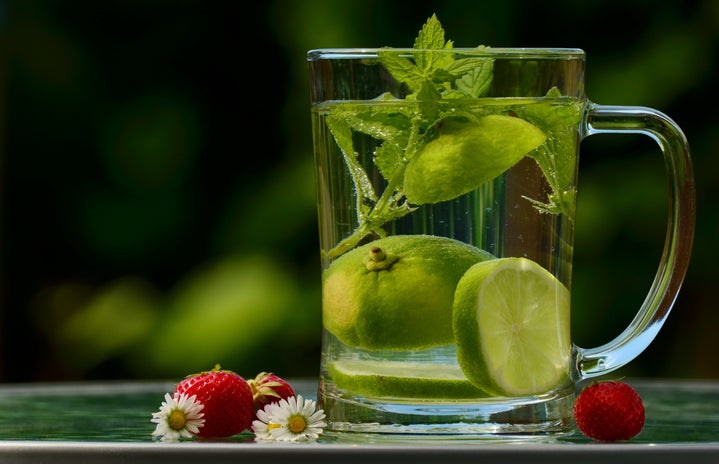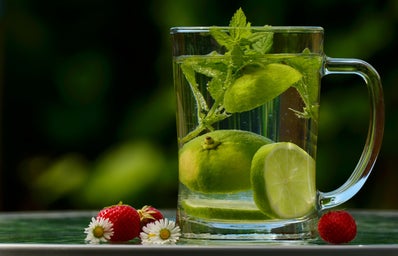Ah, Asian glow, the condition my Mongolian genes gifted me with that keeps my friends pointing out how red I am whenever we get drinks. It never bothered me until I noticed that the flushing of my face was accompanied by an increased heart rate and dizziness…when I was only halfway through a glass of wine.
So, what is Asian glow? How do you know if you also have the condition? Keep reading to find out.
Alcohol Flush Reaction (AFR), aka Asian glow or Asian flush, is a condition that is known to most commonly affect East Asian people (although it has been observed in people of other backgrounds). According to Yale Scientific, as many as 50 percent, or 1 in 2, East Asians experience the condition. This is because they (we) lack the enzyme (ALDH2) that converts acetaldehyde to acetate, when alcohol is metabolized in the liver.
In simple terms? We don’t have the means to metabolize alcohol properly, causing an accumulation of acetaldehyde in the body which explains the redness, nausea, dizziness and increased heart rate.
The scary part? Acetaldehyde is a carcinogen and is HIGHLY TOXIC. Here’s what a normal body does to metabolize alcohol, according to the National Institute of Alcohol Abuse and Alcoholism:
“First, aldehyde dehydrogenase metabolizes alcohol to acetaldehyde, a highly toxic substance and known carcinogen. Then, in a second step, acetaldehyde is further metabolized down to another, less active byproduct called acetate, which then is broken down into water and carbon dioxide for easy elimination.”
My body, however, cannot convert acetaldehyde to a digestible acid (acetate). As the acetaldehyde accumulates, my face, neck and abdomen get super blotchy and red. My heart starts to feel like it’s going to beat out of my chest and the effects of alcohol are overall way more intense for me after just a few sips of alcohol.
Via Giphy
In my experience, there are upsides to this:
– I spend less money on drinks, because it usually takes me just 1 or 2 to get drunk.
– I normally don’t get hungover, I find that my body deals with alcohol fairly quickly and I’m back to being sober within an 45 minutes to an hour.
– I don’t blackout. Again, my Asian glow has taught me when to stop myself and I know very well how many drinks I can handle.
Don’t get me wrong, I’m not trying to glorify drinking alcohol, or make this condition seem like it’s not as bad as it is. The truth is, Asian glow has far more downsides and is potentially related to many health problems. These include, but are not limited to an Increased risk of cancer (esophageal, liver, mouth and more), as well as damage to DNA and DNA repair systems.
“A series of studies by Dr. Akira Yokoyama of Japan’s Kurihama Alcohol Centre found that those people are six to 10 times more likely to develop esophageal cancer than people who drink a comparable amount but aren’t enzyme-deficient.”
While many people try to remedy or slow the symptoms of Asian glow with medications such as Pepcid AC, I think it’s best to just play it safe and avoid alcohol completely.
I’ve started to limit my alcohol consumption to special occasions (holidays and family dinners), so no more casual drinking for me. I never really read about the effects of Alcohol Flush Reaction until about a year ago. For me, it’s just not worth it to potentially develop long term health problems because I want to stress-drink boxed wine.
Whether you suffer from AFR, or if you’re just curious about it, I hope this gave you some insight.
No matter what: Always remember to drink responsibly, collegiettes!
Via Giphy



